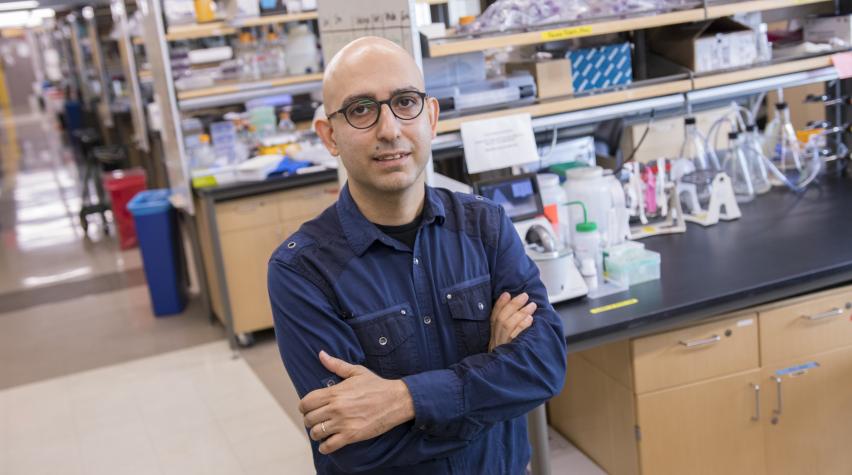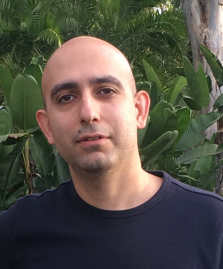
CRISPR technologies have been widely embraced for both basic and applied research. This area has rapidly grown since the first demonstration of Cas9-mediated genome editing, with the discovery of new nucleases, the development of diverse and novel CRISPR applications for genome editing, gene regulation, in vitro applications, and the use of CRISPR technologies in diverse organisms, including, prokarynotes, plants, and animals.
Mo Ebrahimkhani will be speaking on clinical applications of CRISPR at the 2nd International Conference on CRISPR Technologies in December. I spoke with Mo about the work he does at his lab and the importance of CRISPR.
How would you describe CRISPR to a layperson, and why is this area so important?
CRISPR/Cas9 is a bacterial immune system that can destroy invading viruses by targeting their DNA. We can now exploit it to target and edit genes within organisms, including our own. It opens up unmatched opportunities to correct genetic information that has gone awry due to disease states in human cells.
What specifically will you be talking about at the International Conference on CRISPR Technologies?
My lab works at the intersection of genetic engineering and regenerative medicine. I will explain one of our efforts in this area which is focused on the development of novel human organoids (organ-like tissues) ex vivo. I will describe how we employ CRISPR and genetic engineering to develop better and more physiologically relevant human organoids.
What message would you like the audience to take away from your presentation and the conference?
We live in an era in which the convergence of scientific areas is key to developing better and more effective tools, technologies, and therapeutics. In line with this trend, we are integrating CRISPR technologies with human stem cells, tissue engineering, and synthetic biology to generate personalized human tissues in vitro.
How do you envision CRISPR technologies advancing some of the Grand Challenges in engineering and society (medicine, health informatics, etc.)?
I envision that it can and will revolutionize the way we treat human disease or study biology. But its real impact will come when it is integrated with other evolving technologies for translation to humans.
The 2nd International Conference on CRISPR Technologies will be held in San Diego, California, December 10-12, 2018. Learn more and register today.

Mo Ebrahimkhani
Mo Ebrahimkhani is an Assistant Professor in the School of Biological and Health Systems Engineering (SBHSE) at Arizona State University (ASU). He is also an Adjunct Professor of Medicine at Mayo Clinic College of Medicine and Science. His lab employs an integrative approach to combine in vivo mouse models, stem cell engineering, and synthetic biology to decode tissue regeneration and repair and develop technologies to predict and modulate these processes in a personalized fashion.


